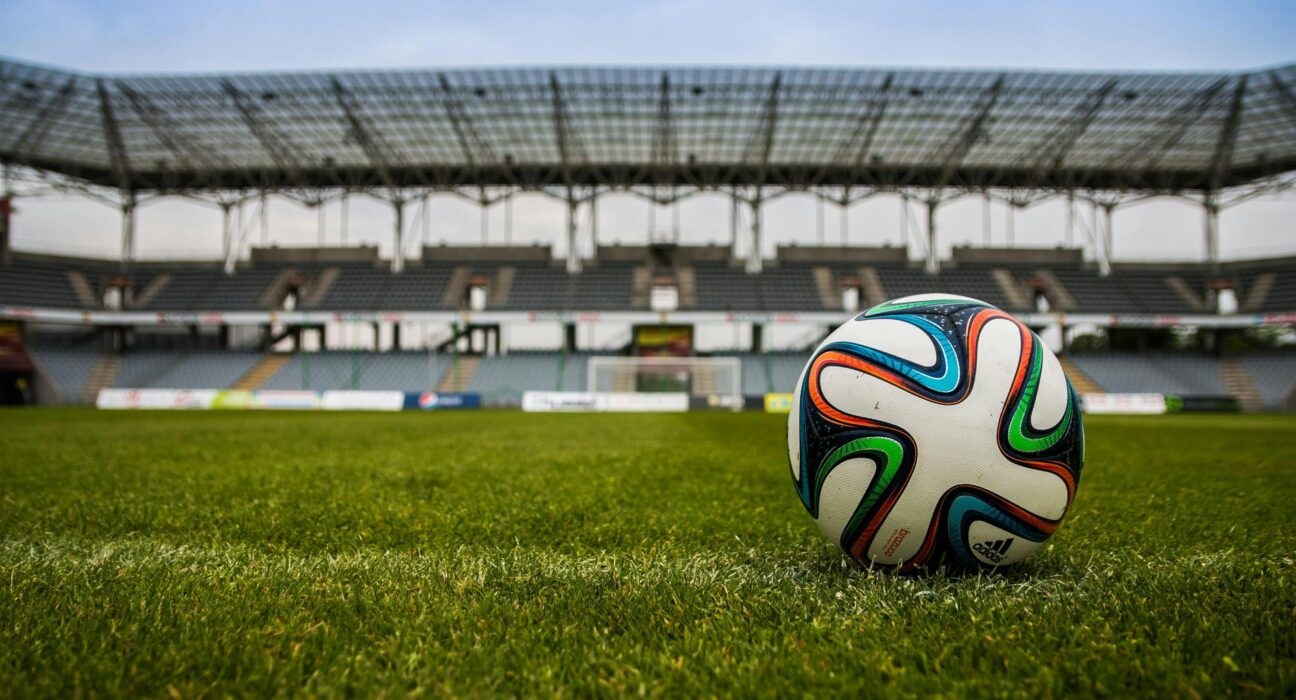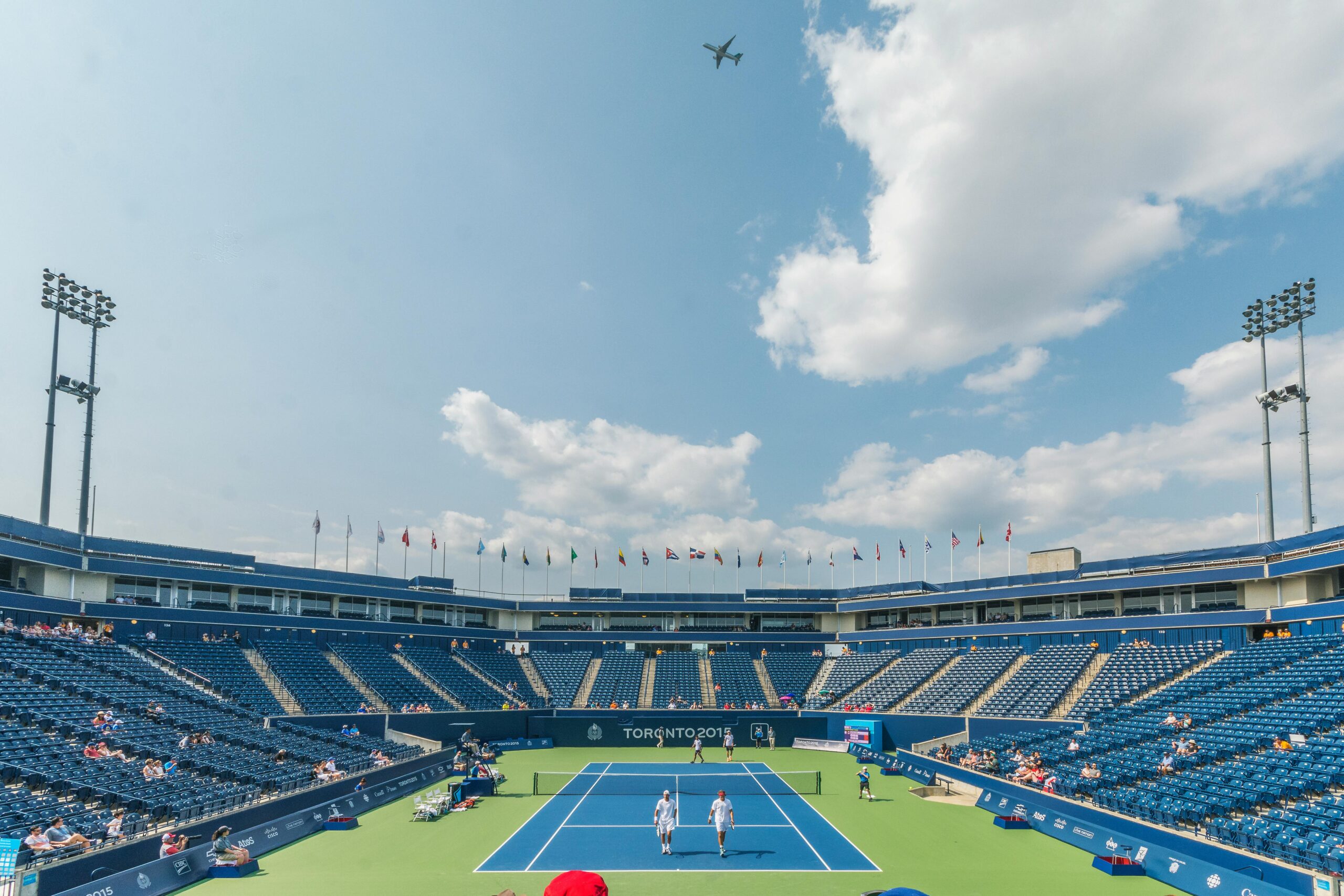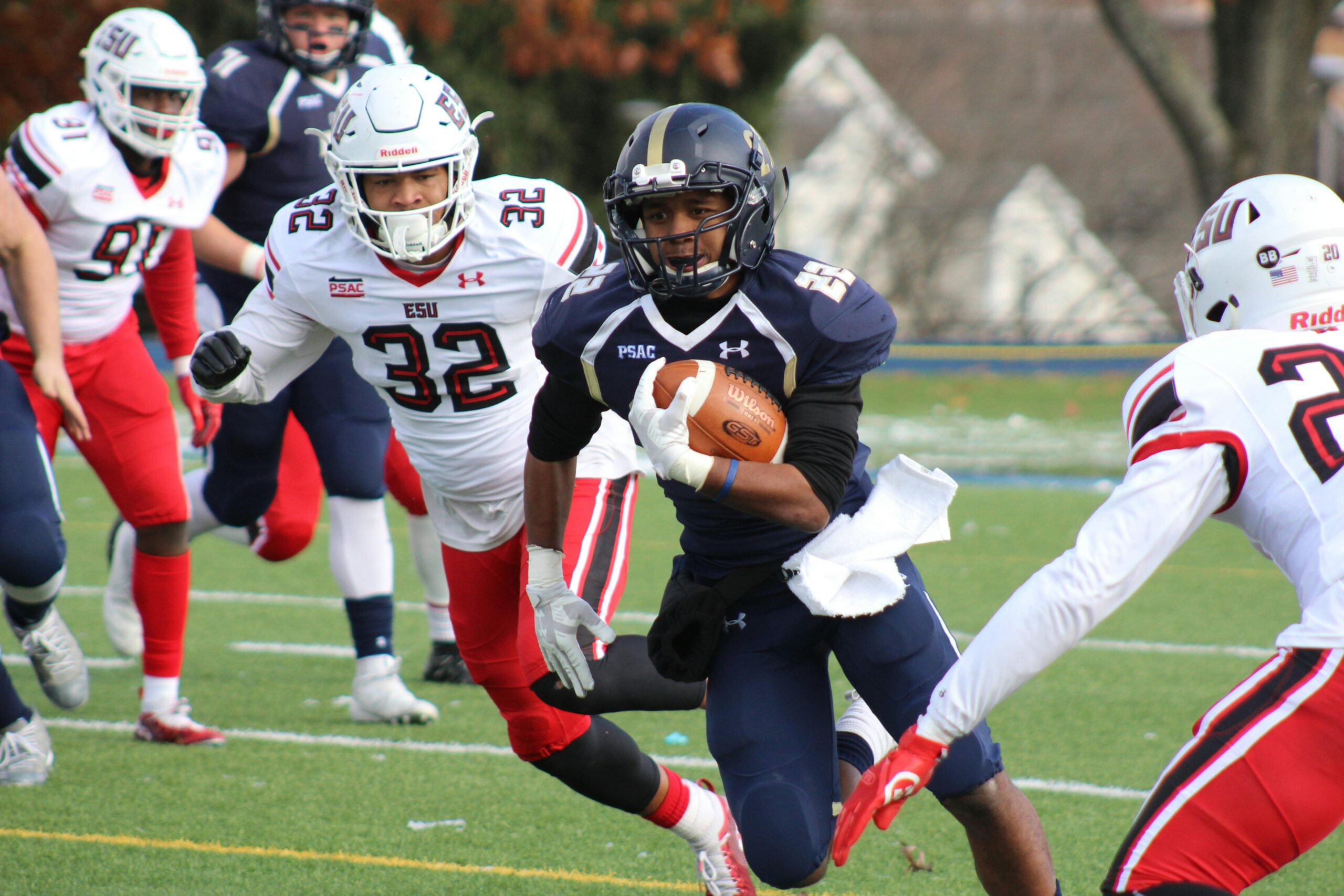The Evolution of Sports: From Ancient Times to Modern-Day

Sports have been an integral part of human culture for thousands of years, serving as a form of entertainment, competition, and social interaction. This blog explores the fascinating evolution of sports, tracing their history from ancient civilizations to the modern era.
1. Ancient Origins of Sports
Sports can be traced back to ancient civilizations, where physical competitions were often tied to religious rituals and societal values.
- Ancient Greece: The Olympics, founded in 776 BC, were dedicated to Zeus and featured events such as wrestling, running, and chariot racing. These games emphasized physical prowess and were a source of pride for Greek city-states.
- Ancient Rome: The Romans adapted Greek sports, incorporating gladiatorial contests, chariot races, and public games in amphitheaters. These events were not just entertainment; they served to display power and engage the populace.
2. The Middle Ages and the Rise of Team Sports
As societies evolved, so did sports. The Middle Ages saw the emergence of games that would later develop into team sports.
- Jousting and Medieval Tournaments: Nobles participated in jousting tournaments, showcasing their skills in combat and horsemanship. These events laid the groundwork for future competitive sports.
- Traditional Folk Games: Various cultures developed unique sports. For instance, England saw the rise of football (soccer), while indigenous cultures in North America played games like lacrosse.
3. The Birth of Modern Sports
The 19th century marked a turning point in the history of sports with the establishment of formal rules and organizations.
- Codification of Rules: The creation of standardized rules for sports like soccer, rugby, and cricket helped formalize competitions and made them accessible to a broader audience.
- The Formation of Governing Bodies: Organizations such as FIFA (founded in 1904) and the International Olympic Committee (founded in 1894) were established to oversee and promote sports on a global scale.
4. The Globalization of Sports
The late 20th and early 21st centuries saw sports transcend borders, becoming a global phenomenon.
- Media and Technology: Advances in technology allowed for the broadcasting of sports events worldwide, increasing their popularity. Major events like the FIFA World Cup and the Olympics became cultural spectacles, drawing millions of viewers.
- Diversity in Sports: The rise of new sports, such as eSports, and the inclusion of diverse sports in the Olympics reflect the evolving landscape of athletics. Women’s sports have gained significant attention, leading to increased participation and recognition.
Conclusion
The evolution of sports reflects the values and cultures of societies throughout history. From ancient competitions to modern global events, sports continue to unite people, inspire competition, and celebrate human achievement.











